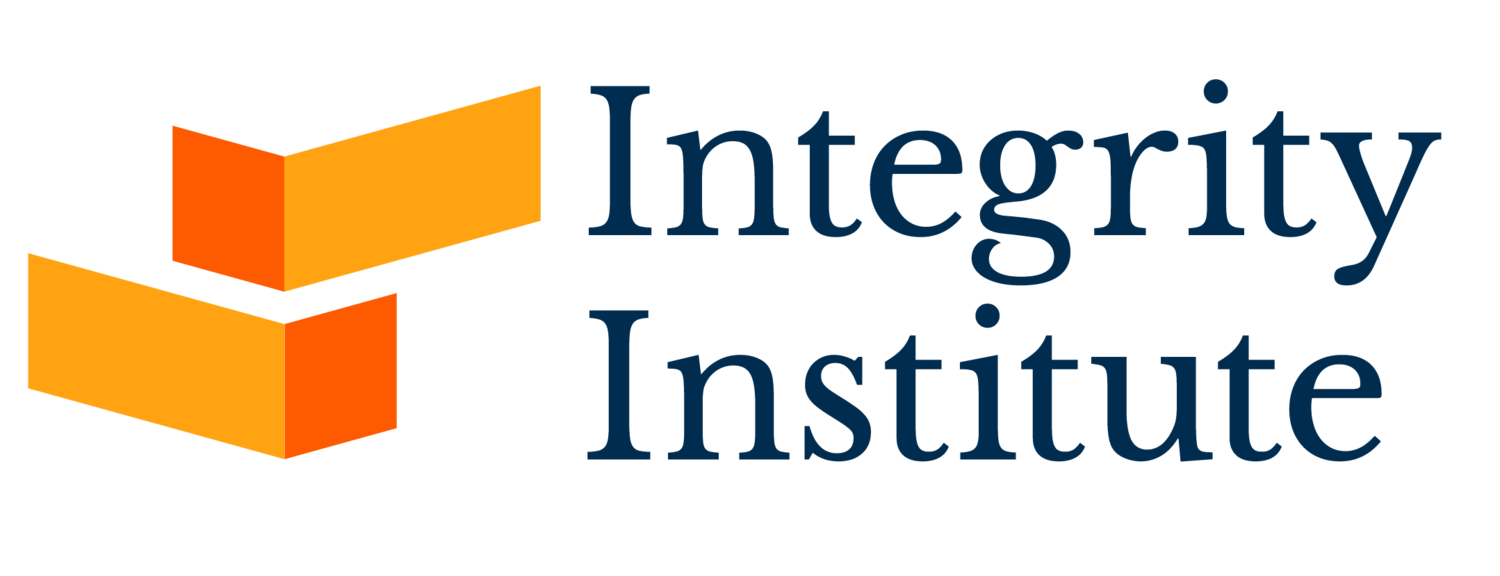What We’re Thinking
Integrity Institute members and staff are leading voices in the integrity field and bring years of technical expertise to tackling these problems. These posts represent their individual thoughts, analysis, and ideas about contemporary issues in the integrity space.

Why AI May Make Integrity Jobs Harder
Select Institute members share their thoughts on why AI may make integrity jobs harder

Ranking by Engagement
Integrity Institute founding fellow Tom Cunningham shares his six observations on ranking by engagement on social platforms and – via original research – visualizes how platforms are trading-off between different outcomes.

Comment on Meta’s Approach to the Term “Shaheed”
In March 2023, the Oversight Board accepted Meta’s request for a policy advisory opinion on the company’s approach to moderating the Arabic term “shaheed” and solicited public comments. Select Institute members prepared these comments and the Institute submitted them to the Oversight Board on their behalf.

How the World Changed Twitter, in 25 Tweets
Integrity Institute member Theodora Skeadas offers an alternative list to the New York Times opinion column “How Twitter Changed the World, in 25 Tweets," putting global events and narratives at the center.

Insights from Data: What the Numbers Tell Us About Elections and Future of Democracy
2024 has 83 elections globally across 78 countries. We won’t see that many again until 2048. Integrity Institute fellow Katie Harbath and co-author Ana Khizanishvili share what these numbers from global elections tell us about the future of democracy.

Gonzalez and Taamneh: What You Need to Know
Integrity Institute fellow Dylan Moses argues the importance of Section 230 and explains the legal nuts and bolts of Gonzalez and Taamneh.

Let Section 230 Stay
Integrity Institute fellow Karan Lala argues that the nature of the internet makes moderating every bit of speech impossible. Holding platforms responsible for every dangerous statement that slips through their nets will have a ruinous chilling effect on modern discourse.

Misinformation Amplification in the Nigerian Election
We have analyzed the misinformation amplification factor for Facebook and Twitter ahead of the Nigerian election. We find the trend we saw in the US, with both platforms significantly amplifying misinformation and Twitter more so than Facebook.

